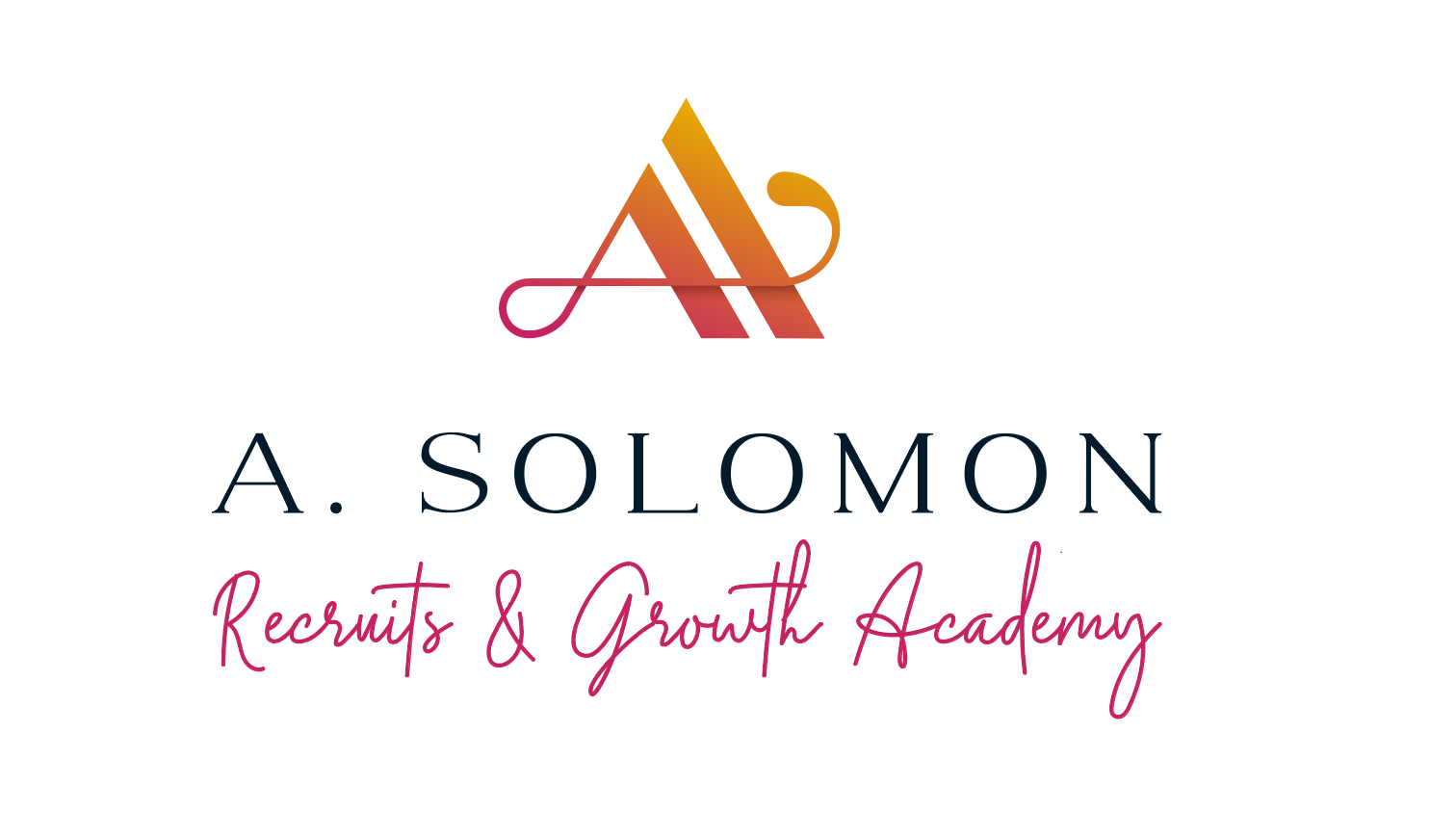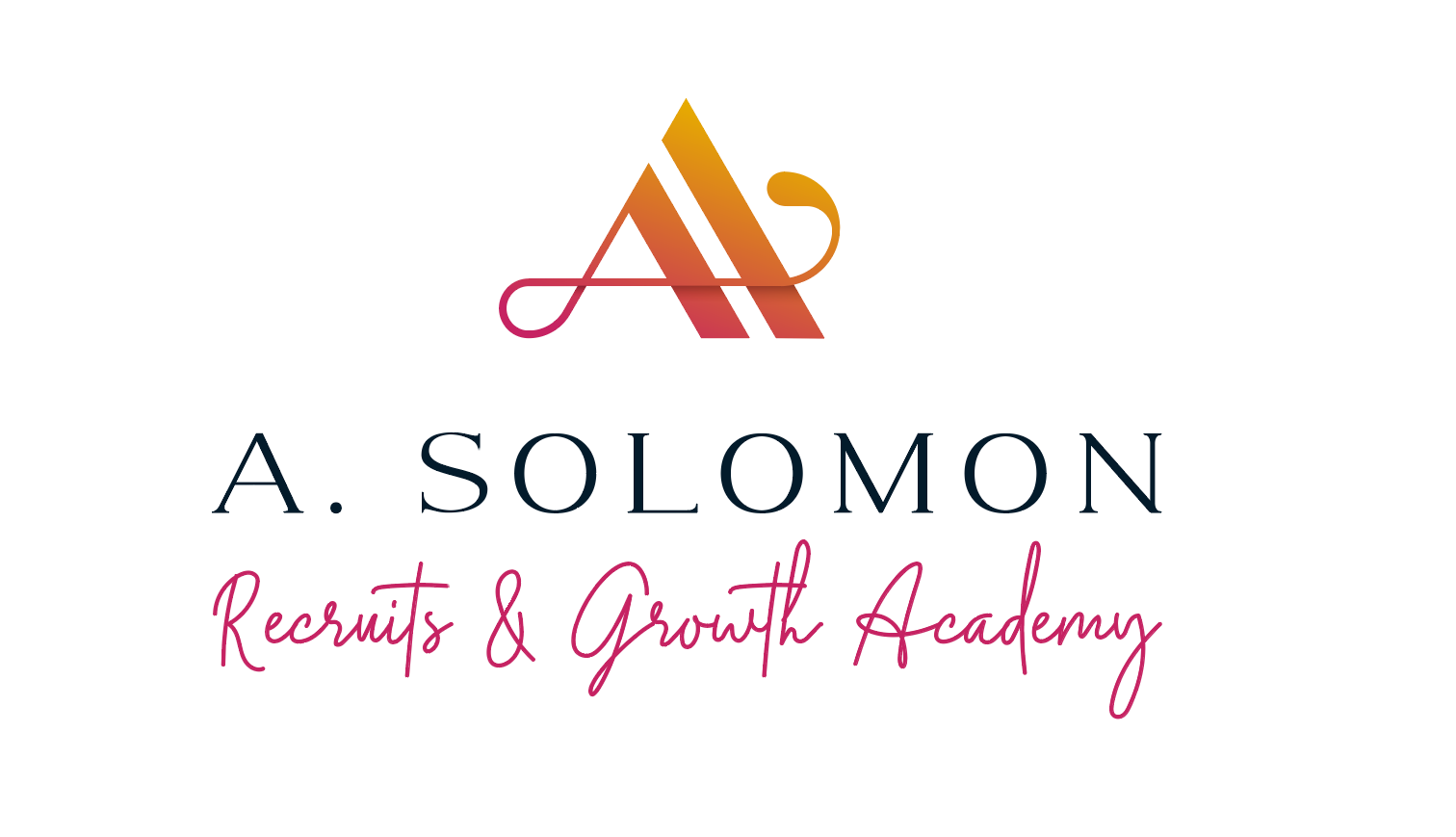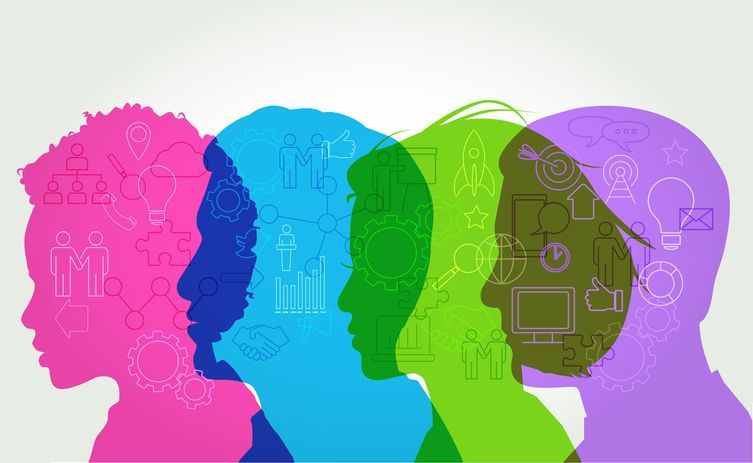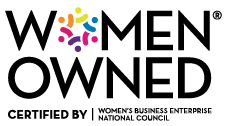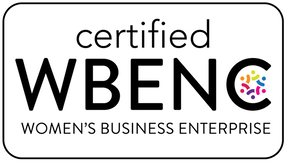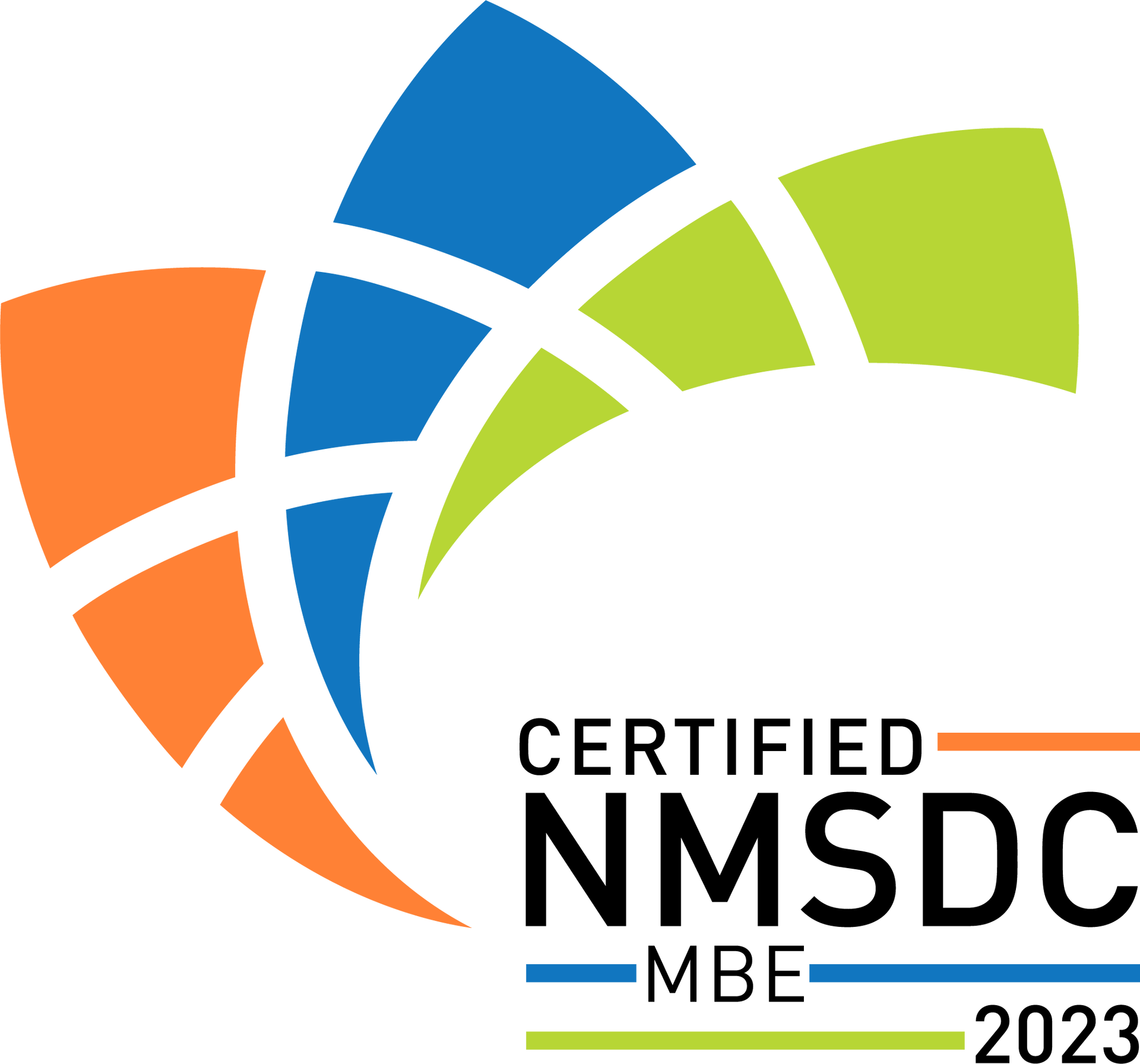The Diverse Employee Experience
The experience of an employee can make or break a companies image. Over the years, I have spoken with plenty of candidates about their workplace conditions, but I am choosing to focus this article on the experiences diverse employee have at the companies they work for, and how Companies can create inclusive environments for all their employees. Company HR departments are scrambling to expand their diversity and inclusion initiatives, while also looking to retain the small diverse employees pool they currently have in place. Employee’s experiences with diversity in the workplace span the range from pleasant, to absolutely unbearable. A workplace that makes an employee feel isolated, invisible, question their self-worth, and feel unrewarded for hard work, can make for a miserable experience. A workplace where stereotypes and xenophobic insensitivities constantly come into play, while departments like HR look the other way or sweep things under a rug, can be hostile and dismissive. An HR department where, 9 times out of 10, complaints of racial, gender, or xenophobic actions result in the victim(s) being victimized again by being ostracized, or even worse, losing their job and being blackballed from other companies.
Present day HR departments are always striving to improve the employee experience by wrapping quality of life perks into compensation packages for new employees, and by maximizing the employee productivity and wellbeing experience. They are also starting to take into account their diverse employee experiences, and seeking to make a comfortable workplace for all. At the end of the day, we must not lose sight of creating true diverse, corporate representation, as it is essential to company survival and success.
Here are four quick tips for Companies to keep in mind when trying to understand and include their diverse employee workplace experiences:
1) Internally audit all your employees, but especially your diverse employees. This means bring someone from outside to conduct confidential audits on the employee experience. Anonymous surveys, highly confidential groups, and out of office forums can get to the heart of what your diverse employees feel and have experienced at your company.
2) Transforming mindsets involves HR taking the compilation of the audit findings in mind when implementing no nonsense policies and procedures to fight workplace discriminatory practices. Encourage other employees to speak up and speak out when they see injustices, ensuring that they too won't be punished or fired.
3) True inclusion involves candid understanding of your diverse employees' experiences, and creating a workplace that is welcoming. Create a job that understands and respects difference of management styles, work ethic, opinions, upbringings, dialects, hair, dress, etc.
4) Teamwork is understanding that every member of that team has ideas and concepts to be brought to the table and heard; as a collaborative being able to turn out the best concepts that are beneficial to overall health and success of the company.
Diverse employees seek, like everyone else, to go to work and do their job; to be seen, heard, recognized and awarded accordingly. They yearn to be compensated with an amount that aligns their colleague at the same level and go home. It's just as simple as that. Workplaces that accept and work to create diverse representation are profitable. HR departments are working hard to understand the complexity and hard work that is diversity and inclusion. However, it is with this, they are seeking to tighten the gap and dig deep to increase racial and gender group percentages at their respective firms. I'm hoping that the tips I provided are taken in to consideration when trying to get to the heart and repair the diverse employee experience. We are better together!
I AM someone who sees incredible potential and opportunity in places where some people don't think to look. Minorities and women are still marginalized in the working world. As an owner of a diversity staffing boutique, my team and I walk alongside our Clients in creating professional environments that are truly for ALL. I believe in our interconnectedness as a human race and strive every day to use my gifts to empower the workplace’s invisible and powerless. I rarely bet on certainty and always root for the underdog because, after all, those are the best stories to tell.
Hi there! Thanks for reading! Follow Angela Solomon on her social profiles! | LinkedIn: /ASolomonRecruits | Facebook: @ASolomonRecruits | Instagram: @A.SolomonRecruits | Twitter: @AS_Recruits | Pinterest: @AS_Recruits

